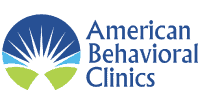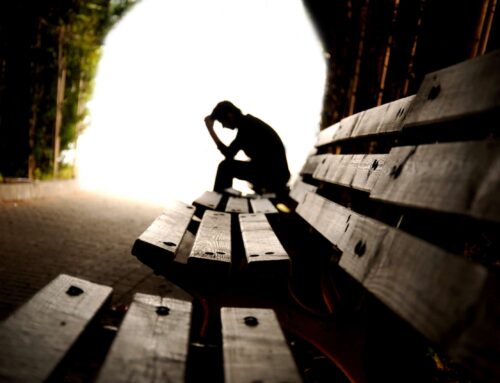Depression: Signs & Symptoms
Depression is a medical disorder characterized by feelings of sadness, hopelessness, pessimism, and a general loss of interest in life, combined with a sense of reduced emotional well-being.
The three most common types of depression are major depression, dysthymia, and bipolar disorder. In most instances, major depressive disorder is a recurrent, episodic illness. This means that a person who has been depressed once and has recovered is likely to have one or more episodes of depression in the future, often within two to three years. In bipolar disorder, episodes of depression alternate with episodes of mania, a condition in which inappropriate or extreme “high” feelings may lead to dangerous, destructive behavior. Dysthymia involves symptoms similar to those of major depressive disorder. The symptoms are milder but longer lasting, and although they might not be disabling, they prevent a person from feeling good or operating at “full steam.”
The Following are Some of the Signs and Symptoms of Depression
✅ A loss of interest in activities that are normally pleasurable, including sex
✅ Appetite and weight changes (either loss or gain)
✅ Sleep disturbances (insomnia, early morning wakening, or oversleeping)
✅ Feelings of guilt, worthlessness, or helplessness
✅ Feelings of hopelessness or pessimism
✅ Difficulty in concentrating, remembering, or making decisions
✅ Thoughts of death or suicide; suicide attempts
✅ Persistent body aches and pains or digestive disorders not caused by physical disease
Anyone who experiences five or more of these symptoms for at least two weeks may have a depressive illness and should seek the advice and assistance of a psychiatrist or other behavioral health practitioner.
Major Depressive Disorder is Not Caused By Any Single Factor
Researchers now believe that it is a result of genetic, biological, and psychological influences combined with life stresses. Disturbances in brain biochemistry (the chemicals in the brain and how they work) are an important factor in depression. Irregularities in specific brain chemicals, called neurotransmitters, occur in depression as well as in other mental illnesses. Scientists are now examining which of these irregularities may cause depression and which are a result of the illness.
The first step in treating depression is a thorough diagnostic evaluation. Mild tomoderate depression can be diagnosed and treated by a general medical doctor, but patients who have severe depression – with or without other psychiatric disorders – and those who do not respond adequately to treatment, should be evaluated and treated by a psychiatrist. The diagnostic evaluation includes a review of the signs and symptoms, a physical examination, and a thorough medical and psychiatric history.
Most depressed patients can be treated as outpatients, either in a doctor’s office or in an outpatient clinic. In some instances, however, a patient may require a brief period of hospitalization. During hospitalizations, careful evaluations can be done, the patient can be detoxified from illicit drugs or alcohol, the patient can be protected, and intensive treatments can begin.
Several different approaches are highly effective in treating depression. These approaches fall into two general categories:
✅ Somatic, or physical, treatments (including antidepressant medications, electroconvulsive therapy [ECT], and light therapy)
✅ Various types of psychotherapy
Psychotherapy comes in many variations and is offered for groups, families, couples, and individuals. Common to all forms of psychotherapy is a patient talking with a therapist.
Source: LifeSynch a Humana company
Existing Patients and New Patients, Call us to schedule an appointment, get a prescription refill or just to ask a question:
New Patients ONLY - Want to contact us through a form? CLICK HERE to fill out our contact form.





